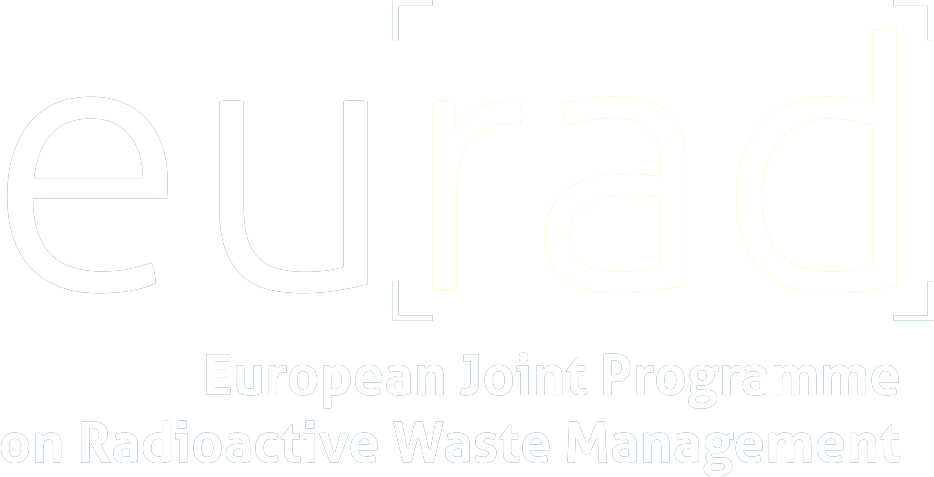One of the key research topics in the nuclear field field is the geological disposal of radioactive waste. The most probable approach is the multi-barrier principle, for which interaction between the disposed waste and the encapsulating material can cause changes to the surrounding natural materials. To ensure safety and minimise risk during waste storage, geochemical modelling helps to recreate experimental data and exploit the results to time spans, incapable of being researched (>4 years). The mission aims to provide the theory of geochemicals, including thermodynamics and kinetics, and reactive transport modelling and its implementation in specific software. During training, the models vary in difficulty, from basic up to advanced codes, which are specifically applied for radioactive waste disposal and related statistical analyses. In this mission, the main focus is on the software GEM-Selektor (GEMS), an open-source Gibbs free energy (GEM) code and thermodynamic data base kit for geochemical modelling. Participating the training course enables Andrea Kozlowski to learn geochemical modelling to apply to her PhD research. Her research focuses on the development of sustainable substitutes for pulversized fly ash in cement and concrete and geochemical models should extend experiments on the chemical behaviour analysis of the substitutes. This is within the applicability of the software. So far, she has not applied the code yet to her research, as other experimental outcomes have to be performed before.
Attendance training course Geochemical and Reactive Transport Modelling for Geological Disposals
Start date:06/02/2023
End date: 10/02/2023
Beneficiary: Andrea KOZLOWSKI
Location: University of Bern
EURAD Work Packages involved
University of Strathclyde, UK


